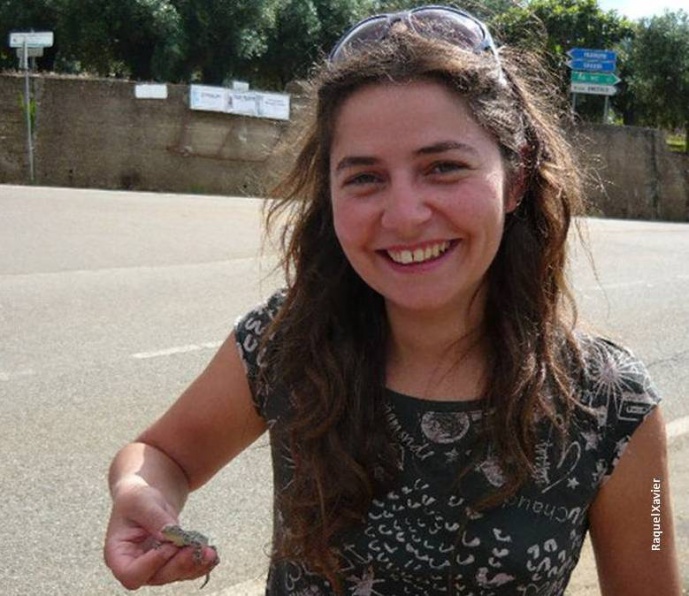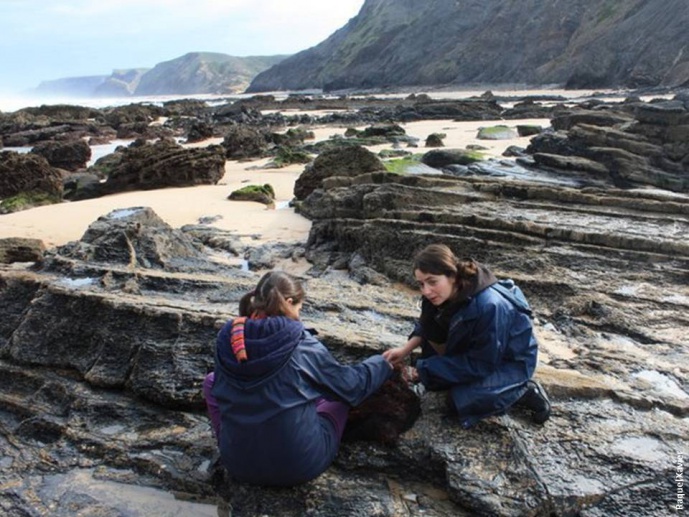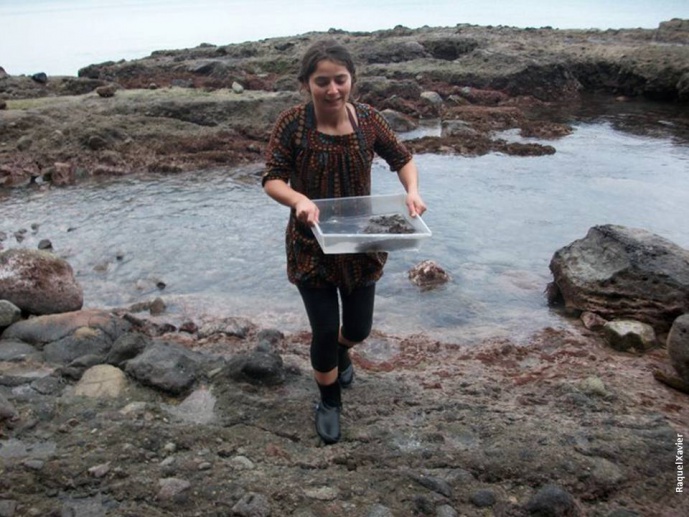Raquel Xavier
Auxiliary Researcher
I carried out my undergraduate studies at the University of Lisbon (Portugal) and afterwards my MSc degree and PhD at University of Porto/CIBIO-InBIO (the latter awarded in 2011). During my PhD, under the supervision of Drs AM Santos and M Branco, I studied the impact of the geological and climatic history of the Atlantic Ocean and Mediterranean Sea on the evolution of marine isopods from the genus Stenosoma, and contributed to clarify the taxonomy of the group.
In 2011, I was awarded a post-doctoral fellowship to work with Drs J Cable (Cardiff University) and M Perez-Losada (CIBIO-InBIO) to investigate host-parasite interactions and parasite spill-over between fish hosts within a phylogenetic framework. Since then, I have become interested in the study of microparasites and bacterial dynamics in aquaculture and fisheries contexts.
In 2016, I became an Auxiliary researcher (through Investigador FCT and then CEEC programs) to study the bacterial dynamics in diseased and healthy farmed fish hosts. Namely, I am interested in understanding the contribution of environmental and host factors to piscine microbiome diversity and bacterial disease outcome, with the generated knowledge being ultimately applicable to improve aquaculture sustainability. In parallel, I am also focused on studying the effects of antibiotics and other chemical treatments widely used in aquaculture in the microbiota of fish mucosae, as well in assessing the long-lasting impacts of their use in the neighboring natural environments.
While the main focus of my research is described above, I am also interested in investigating the role of social interactions, mainly using cleaner fish as models, in modulating piscine microbiomes. Specifically, I am interested in understanding the role of physical proximity and interactions on the rate of pathogen acquisition/transmission in coral reefs.
Finally, I am also currently involved in several projects studying the microbiome of other aquatic and terrestrial hosts that aim to understand the effects of anthropogenic stressors (e.g. pollution) in host-associated microbiota.


